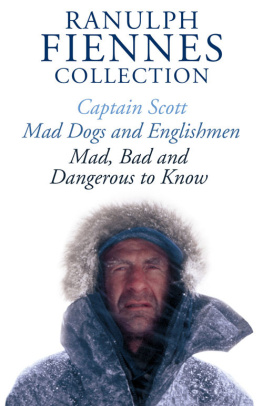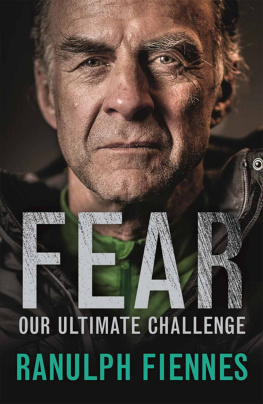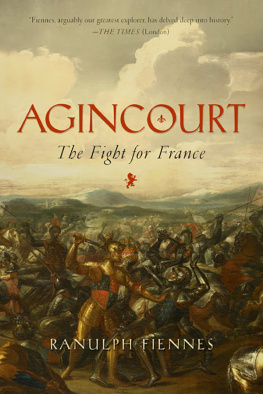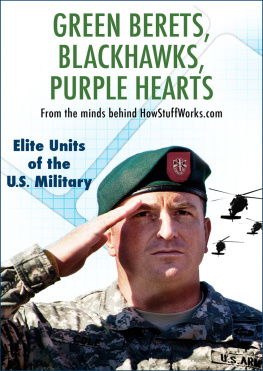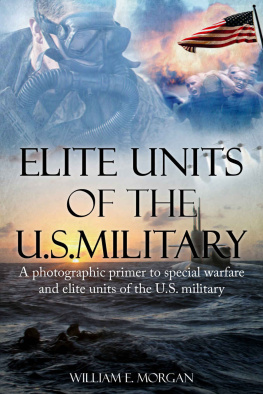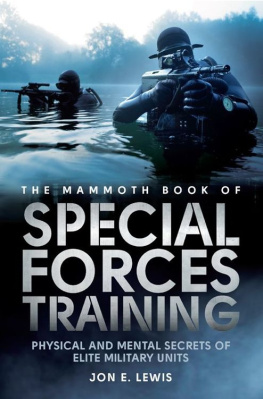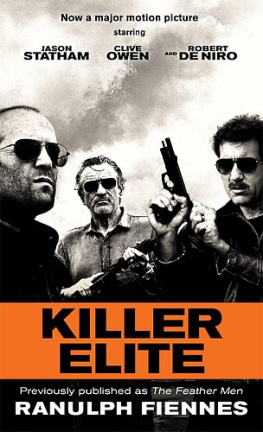For Charlie Burton
brave and adventurous and a great companion in adversity.
I NTRODUCTION
Stories involving incredible courage, in the face of unfavourable odds, have always inspired me. From my schooldays at Eton, I would sit enthralled, listening to the adventures of the likes of Scott, Shackleton and Hillary, all venturing to far-off lands, attempting feats most thought to be impossible. Hearing such thrilling escapades eventually drove me to embark on my own adventures around the globe. Im also quite sure that their examples of bravery have helped drag me out of many a hairy encounter along the way. However, no story has captivated me more than that of Colonel Lugs and the Royal Scots Greys. For Colonel Lugs was my father, and, while we were never to meet, I seem to have spent my life trying to emulate him, and it is his story that has inspired me to write this book.
My father joined the Royal Scots Greys when he was just eighteen. At the time, the Greys were a cavalry regiment, who were famous for using grey horses in battle, most notably in the Battle of Waterloo. On that muddy Belgian battlefield, just as Wellingtons British forces looked to be overwhelmed by Napoleons infantry, the horses of the Scots Greys thundered into the French line. With wild abandon, they viciously bayoneted one French soldier after another, even striking down their drummers and fifers without mercy. On seeing this dramatic change in fortunes, the previously demoralised 92nd Highlanders yelled Scotland for ever! and, clad in kilts, roared into battle. This juggernaut of aggression forced the French back, giving the allies vital time to regroup, and eventually win the Napoleonic Wars in the most dramatic reversal of fortunes. For their heroic deeds, the Greys suffered particularly heavy losses but their sacrifice, just as the war had seemed lost, was for ever embroidered into military history.
Such stories of courage saw the Greys exalted and their beautiful grey horses known far and wide. It is for this reason my father was determined to join them. However, by the time the Second World War erupted in 1939, the regiment was not only about to undergo significant change, but also to face its greatest test, in which my father would play a crucial role.
On the outbreak of war, the Greys were initially sent to Palestine, to help keep the peace between the Jews and the Arabs. It seemed that their days as an elite fighting force were over. During the First World War, in the face of trench warfare and the machine gun, their horses had been virtually redundant, while the rapid advance of the tank and aircraft in the interim had also changed the military landscape. Horses now seemed a remnant of the past on the modern battlefield.
However, as the Greys were being put out to pasture in Palestine the war was turning against the British in north Africa. With the Italians in retreat, Rommels panzers had come to the rescue. Advancing on all fronts, they had destroyed Britains under-gunned, undermanned and under-armoured tanks, and looked to be an unstoppable force.
With British forces floundering and facing defeat, the decision was made to redeploy the Greys in more ways than one. Firstly, my father and his men would be sent to north Africa. Secondly, with their grey horses of little use in such a battle, the fateful decision was made to retrain the men for tank warfare. The prime minister, Winston Churchill, an ex-cavalry officer himself, said of this, It has been heart-breaking for me to watch these splendid units waste away for a whole year... These historic regiments have a right to play a mans part in the war.
The task ahead of the Greys was monumental. Not only would my father and his men have to retrain and somehow master these mechanical beasts, they would then have to face off against Rommels fearsome division, who had been sweeping all before them. Psychologically, this must have been tough. A big reason many had joined the Greys was to experience the thrill of riding a horse into battle in the open air. Now they had to say goodbye to their beloved animals, of whom they had grown very fond.
From feeling the wind against their faces, the men now had to endure being crammed into a small, hot, metal box. With the hatch battened down, to prevent a grenade being lobbed inside, the conditions in the desert heat were unbearable. At times, with barely any fresh air available, it felt like being baked inside an oven. Because of this, like many others, my father ended up dispensing of his uniform and wore only shorts and canvas shoes. The smell inside was also unpleasant, not so much from the mens sweat, but because the ventilator fans struggled to extract the cordite fumes after the main armament was fired. In time, the Greys would grow used to these conditions but how they must have yearned for their horses in those early days.
The training was also relentless, with the men bruised black and blue at the end of most days. Trundling over rough and uneven terrain, often for hours on end, the crew would bang their joints up against the protruding pieces of hot metal. There were certainly no home comforts either. Resources were so tight that the training tanks had no intercom, so instructors had to tie string to the trainee drivers arms and guide them accordingly. Despite all of these obstacles, my father and his men did not complain. There was a war to be won, and, if they were to overcome Rommels panzers, they knew they had to focus all their energy on the job at hand.
Yet, after just a few short months of training, the British military could wait no more. Whether or not the Greys felt they were ready for action was unimportant. If they didnt meet Rommels panzers in battle soon, then all would be lost. Thankfully, the British had upgraded their inferior tanks in the interim to the far superior American Grant tank. At least the Greys would have a machine whose armour and guns could finally match the Germans, even if they were still novices on the battlefield.
Soon after, the Greys were hurled onto 1,400 miles of stony, scrub-covered desert, stretching between Cairo and Tripoli. Against all the odds, with shells bursting, tracers flying and minefields a constant hazard, they somehow held Rommels panzers at Alam el Halfa, then helped to turn the tide of the war by overcoming them during the Battle of El Alamein.
Over the course of those three days, the men suffered through the most appalling conditions. Cooped up inside their tanks, with no time to sleep, they manoeuvred their way through minefields and rain-sodden mud. All the while, they did battle with the ferocious German tanks and desperately tried to avoid the bombs being dropped from above by Italian planes. During this, my father shrugged off repeated injuries, the worst of which saw shell fragments just missing his femoral artery and what he described in a letter home to my mother as other vital bits. But the Greys training, firepower and refusal to yield soon saw Rommels panzers forced into a humiliating retreat. Just four months previously, the German tanks had crushed the Allies in Libya, where they had captured 25,000 troops. Now they were on the run.
Churchill later described this battle as the turning of the Hinge of Fate. He wrote, Before Alamein, we never had a victory: after Alamein, we never had a defeat.
While I beam with pride at the thought of my father leading his men to such a heroic victory, I believe the true measure of the man can be seen in the aftermath, as described by Lieutenant Colonel Aidan Sprot, in his fantastic book Swifter Than Eagles :


